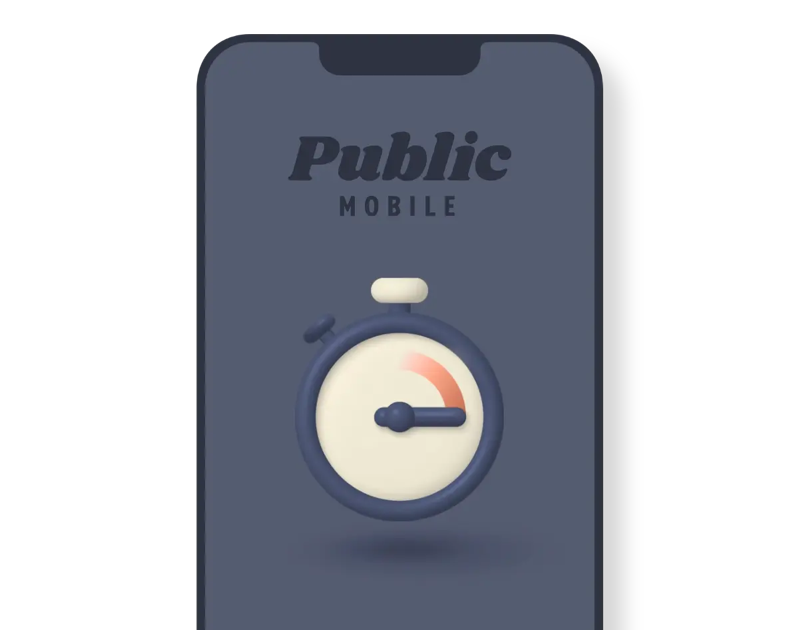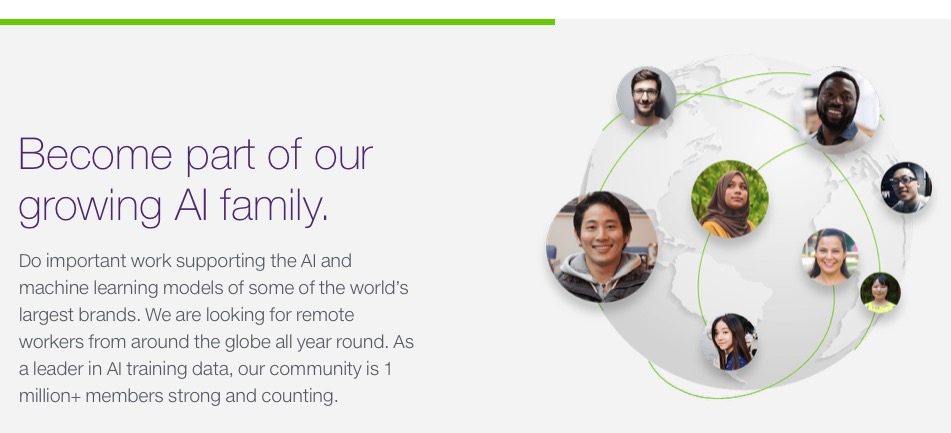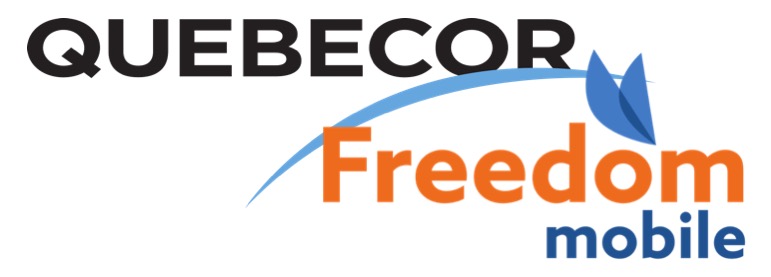
Google and Telus Partnered in–Child Facial Data Collection Project?!
Google is reportedly collecting facial data of children through a project that involves parent-submitted videos, as per a project description reviewed by 404 Media.
The project, conducted on behalf of Google by Telus, offers parents $50 to film their children wearing various props like hats or sunglasses. This plan is part of Google’s efforts to build datasets for machine learning, artificial intelligence, and facial recognition technologies.
Telus subsidiary Telus International AI Inc. (TIAI) was the one working on behalf of Google for the project.
The data collection includes eyelid shape, skin tone, and facial geometry, with videos recorded without voice. Parents are required to take 11 short videos of their children, aged between 13 and 17, with each video lasting less than 40 seconds. The filming process, which takes place at home, also involves a call with a Telus team member and requires the child to show a form of identification.
New from 404 Media: a Google contractor is paying parents $50 to film their children in sunglasses, hats, etc with the collected data including "eyelid shape" and "skin tone." Google confirmed the data collection in a statement; said to verify age https://t.co/oYNu8Nlm4m pic.twitter.com/6YArTwf260
— Joseph Cox (@josephfcox) January 4, 2024
Google stated that the project aims to explore ways to verify users’ age, as part of their commitment to delivering age-appropriate experiences and complying with global laws and regulations.
“As with all research involving minors, we required parental consent for participants under the age of 18,” a Google spokesperson said to 404 Media. The company emphasized strict privacy protections, including limited data retention and the option for participants to delete their data at any time.
Google said Telus was hired to find eligible people and children for the study, but the latter did not receive any of the videos.
The project’s goal, according to Telus, is to capture a diverse cross-section of participants to ensure that Google’s services and products are representative of various demographics. This includes improving authentication methods for more secure tools for end-users.
However, the project raises concerns about consent, as it is the parents or legal guardians who provide consent for their children’s data to be scanned and processed by TIAI and Google. Google assures that the data will be retained only as long as needed for the study, not exceeding five years from the collection date or the study’s termination.


